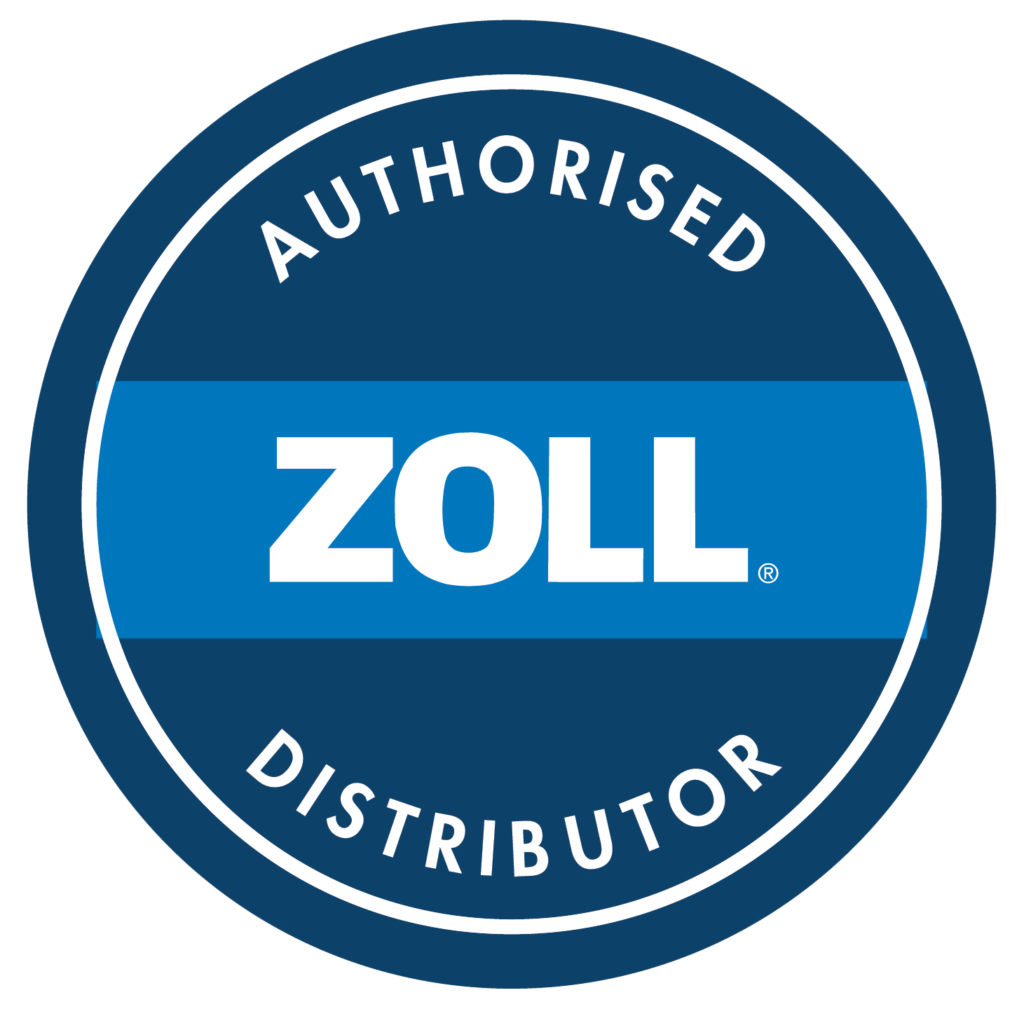The importance of stringent fire safety measures in care homes cannot be overstated. Recent legal cases in East Sussex underscore the severe consequences of neglecting fire safety responsibilities. In these instances, directors of residential care companies faced substantial fines for significant breaches of fire safety regulations, establishing a critical precedent under common law.
The Case in Point
In East Sussex, directors of Care Pro (Southeast) Ltd were fined for serious breaches of fire safety regulations. Inspections revealed inadequacies such as inadequate fire risk assessments, insufficient fire alarm systems, and failure to provide proper fire safety training to staff. These shortcomings endangered vulnerable residents, resulting in financial penalties totalling £124,455 and considerable reputational damage for the companies involved.
Irish Context: Regulatory Framework
Ireland’s fire safety regulations are governed by robust legislation, primarily the Fire Services Act 1981 and the Safety, Health and Welfare at Work Act 2005. These laws mandate comprehensive fire safety measures, including regular risk assessments, the installation and maintenance of fire alarm systems, and thorough staff training. The Building Control Regulations and the Code of Practice for Fire Safety of Furnishings and Fittings further bolster these requirements, ensuring that care homes adhere to high standards of fire safety.
Learning from Legal Precedents
The fines imposed in East Sussex highlight the legal and ethical responsibilities of care home operators to ensure resident safety. Adopting a proactive approach to fire safety in Ireland can prevent similar legal repercussions and, more importantly, safeguard lives. Here are key areas where Irish care homes can focus their efforts:
- Comprehensive Fire Risk Assessments: Regular and thorough fire risk assessments are crucial. These assessments should identify potential fire hazards, evaluate the adequacy of existing safety measures, and recommend necessary improvements. Engaging a competent fire safety consultant can provide an objective evaluation and ensure compliance with Irish regulations.
- Effective Fire Alarm Systems: Adequate fire detection and alarm systems are non-negotiable. These systems must be installed, regularly tested, and maintained to ensure they function correctly in an emergency (I.S. 3218:2013+A1:2019). The recent legal cases highlight the dire consequences of neglecting this aspect of fire safety.
- Staff Training and Awareness: Proper fire safety training for all staff members is essential. Training should cover the operation of fire alarms, evacuation procedures, and the use of firefighting equipment. Regular drills and refresher courses can keep staff prepared and ensure that fire safety protocols are followed diligently.
- Maintenance of Fire Safety Equipment: All fire safety equipment, including portable fire extinguishers (I.S. 291:2015+A1:2022), fire doors (EN 1634-1:2014+A1:2018 or BS 476-22) and emergency lighting (I.S. 3217:2023), should be regularly inspected and maintained. Any defects must be promptly addressed to ensure that equipment is operational at all times.
The Role of Leadership
Leadership in care homes plays a pivotal role in establishing and maintaining a culture of safety. Directors and senior managers must prioritise fire safety, allocate adequate resources, and ensure that all staff are aware of their responsibilities. A commitment to continuous improvement and adherence to best practices in fire safety can prevent incidents and demonstrate a strong duty of care towards residents.
Moving Forward: Best Practices for Irish Care Homes
To apply these lessons effectively, Irish care homes should:
- Adopt a zero-tolerance approach to fire safety breaches.
- Invest in advanced fire safety technologies and regular maintenance.
- Ensure continuous training and development for staff on fire safety procedures.
- Engage with fire safety professionals for regular audits and assessments.
- Promote a culture of safety where every staff member understands and values their role in fire prevention and response.
Conclusion
The legal cases in East Sussex serve as a stark reminder of the consequences of neglecting fire safety in care homes. By learning from these precedents and rigorously applying Irish fire safety regulations, care homes in Ireland can protect their residents, avoid legal penalties, and uphold the highest standards of safety.
As professionals in the fire safety field, it is our collective responsibility to drive these standards forward, ensuring that every care home in Ireland is a safe and secure environment for its residents.
Sources:
- Sussex Express. East Sussex residential care company directors fined for breach of fire safety regulations.
- Fire Protection Association. Serious fire safety breaches see care home directors fined.









